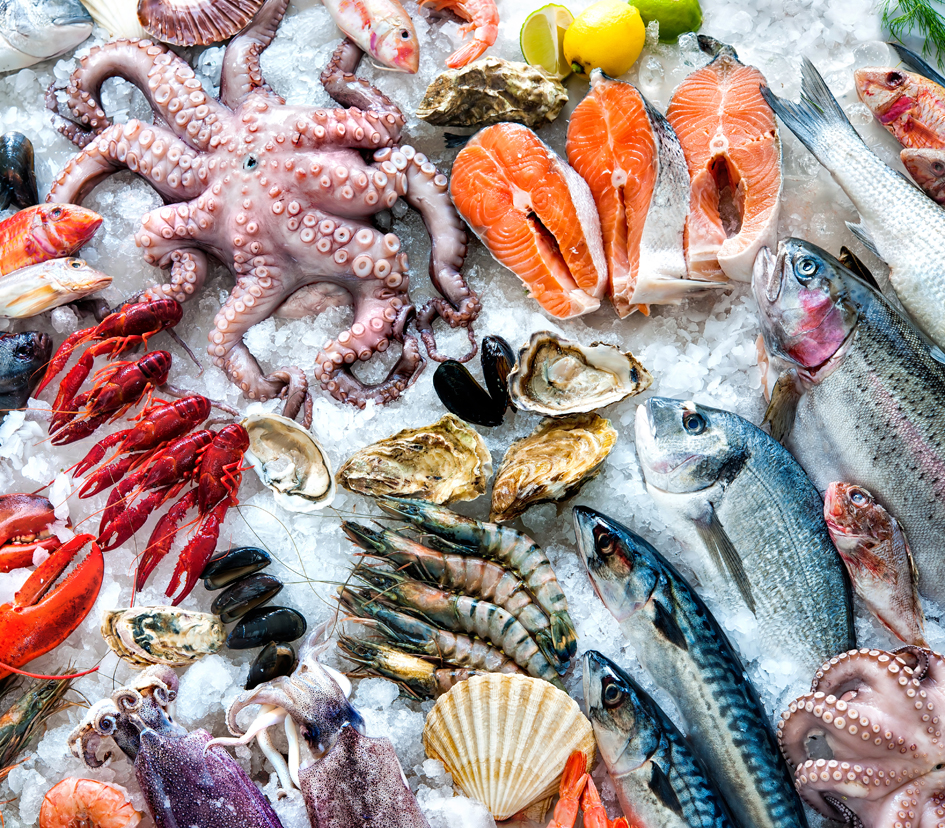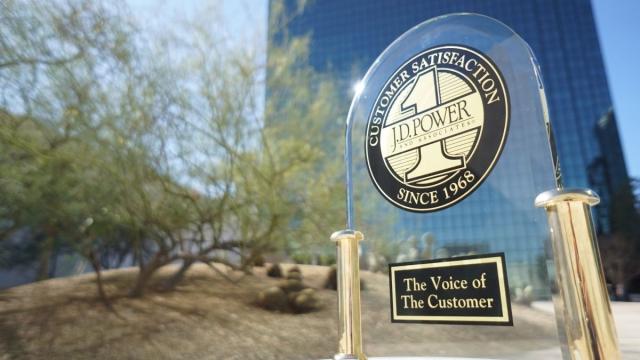Indie Bio Venture Capital Firm on the Cutting Edge of Sustainable Seafood – World Economic Forum

Alex Kopelyan, General Partner at Indie Bio interview with Matt Bird at World Economic Forum (Davos, Switzerland)
HIGHLIGHTS
- Early-stage venture fund & accelerator in biotech
- Focus on seafood sustainability initiatives
- Goal: To create alternatives on how to save our oceans
(ESG News) – Bluefin tuna is scarce and expensive, but it could eventually be widely available and cheap. That’s because it’s possible to use stem cells to harvest the meat without actually taking any fish out of the ocean.
This is just one way that Indie Bio, a San Francisco-based venture capital firm, is working to create a more sustainable seafood industry and help preserve our oceans. Alex Kopelyan, a general partner at Indie Bio, discussed the firm’s work with Matt Bird, host of The Traders Network Show, at the 2019 World Economic Forum in Davos, Switzerland.
“We help scientists translate science in academia into early stages of intervention,” Kopelyan said.
The firm accomplishes this by recruiting scientists from all over the world to San Francisco and providing $250,000 of funding as well as access to a lab and a network of other researchers.
The firm has focused on human and planetary health in the past, and at the time of the conversation, it was expanding its focus to oceans.
“In the ocean space, we’ve been looking at seafood replacements, aquaculture, and aquaponics,” he said. Aquaculture and aquaponics are food-production systems that use nutrient-rich water to feed plants. “We’re looking at things like plant and fungal seafood to replace actual seafood.”
The company is also involved in biocomputing, Kopelyan said. Biocomputing entails stabilizing human neurons that are engineered from human stem cells, putting the neurons on a chip, and feeding them so they stay alive and perform various functions. For instance, these neurons can actually learn to express smell so they are able to monitor diseases and detect explosives in the air even more effectively than dogs, Kopelyan said.










